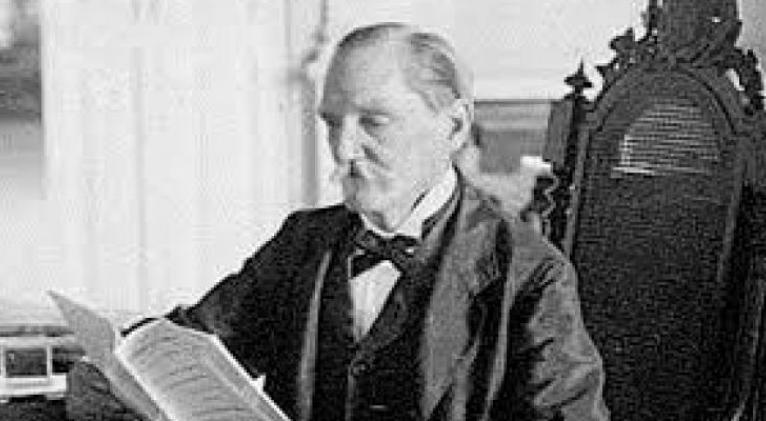Re-election of Estrada Palma and Second Yankee Intervention
especiales

For the approval of then-president Tomas Estrada Palma 117 years ago, on September 29, 1906, the second Yankee intervention began with the arrival of 5,600 soldiers and marines on the battleships New Jersey and Virginia; and the cruisers Minneapolis, Tacoma and Cleveland, which brought together a fleet only comparable to the one that took part in the Naval Battle of Santiago de Cuba during the war against Spain in 1898.
The invasion had as its most immediate antecedents the power ambitions of the president, who after completing his term and encouraged by his minions organized the fraudulent elections of September 23, 1905, in which he ran as the only candidate, with the rest of the parties refusing to participate and he was the winner for a second term.
Such arbitrariness motivated the rejection of the vast majority of political forces, including the Mambis veterans, and incited the armed uprising of August 19, 1906, which went down in history as the August War, led by the leader of the Liberal Party José Miguel Gomez.
Estrada Palma was the intellectual author of the death of the legendary General of the Liberating Army Quintín Banderas, taken up in arms and killed with machetes by officers sent by the president to supposedly negotiate his surrender.
Before, it had to do with the departure of the young Colonel of the Liberation Army Enrique Villuenda, liberal leader of Las Villas, who was shot dead by the police in Cienfuegos in a raid on the hotel where he was staying on September 22, 1905, a day before the presidential elections.
Faced with the impotence of suppressing the insurrection, the president invoked the Platt Amendment and asked the North American government for military intervention in a message to the White House in which he wrote: “The situation is serious and any delay could lead to a massacre of citizens in Havana.” In response, they sent Yankee proconsuls on battleships to impose their interests on the Island.
The special representatives of President Teodoro Roosevelt arrived in the city bay on September 19, 1906; William H. Taft, Secretary of War; and Robert Bacon, Undersecretary of State, on the battleship Des Moines, armed with 300-millimeter cannons, capable of demolishing half of the Cuban capital.
But everything did not happen as expected by Washington when Estrada Palma rejected William H. Taft's proposal to consent to his mediation to reach an agreement with the rebellious opposition.
To make the Second Military Intervention inevitable, the president resigned along with the entire executive and left the Republic without a leader, thereby paving the way for Charles E. Magoon to be appointed provisional governor of Cuba and deploy the intervening forces, mainly in the areas where there were investments of North American capital.
The occupation established the purchase of wills with the so-called "bottle" (a position for which a person earns without working) to corrupt the traditional liberal and conservative parties that would alternate in power. Likewise, the salaries of the members of the Rural Guard were increased and their modernization began according to the American pattern and even the horses they would ride would come from the United States.
All this corruption and the expenses of the August War were taken from the public treasury of the Island, which was left in bankruptcy. Meanwhile, workers' demands of an eight-hour day, fair wages, job security, adequate treatment and other demands were repressed. But the interveners also enacted complementary laws to cover up their stealing to supposedly improve administrative management.
Once pacification and the restoration of the Cuban political system was achieved, in accordance with American interests, the intervention was terminated with the presidential elections of November 14, 1908, in which the liberal leader José Miguel Gómez was elected.
On January 28, 1909, Gómez took office as president, and was soon characterized by a system of embezzlement that benefited his accomplices, for which he was accused by the people in humorous stanzas like a shark bathes but splashes.
Apparently, with the departure of the Yankee battleships and the marines from the country, everything remained the same, but a new generation of Cubans would overcome that national frustration of the first years of the so-called Republic and would begin the awakening of the national consciousness that in the decade of 1920 opened a higher stage of social struggle.
Translated by Amilkal Labañino / CubaSí Translation Staff














Add new comment